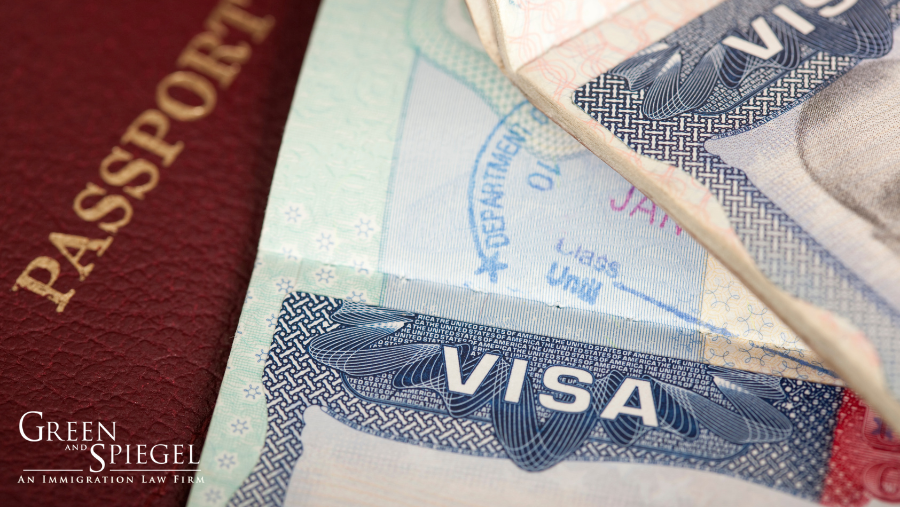Takeaways:
- Restrictions on U.S. – Canadian border travel will continue for at least another month.
- It is possible to fly from Canada to the United States.
- Those flying into the U.S. must have a COVID-19 test and may need advance permission.
Summary:
On Friday, March 19, 2021, the U.S. Department of Homeland Security extended the March 24, 2020 Canadian border travel restrictions. So long as this rule remains in place, only those whose travel is deemed essential may enter the U.S. from Canada through a land or water border crossing. The rule will be in place at least through April 21, 2021.
Travel from Canada to the United States is restricted:
The United States, Mexico, and Canada have a uniquetri-lateral relationship and have worked together to limit 2019 novel coronavirus pandemic (“COVID-19”) infections along the 7,479 miles of borders and at the 169 Ports of Entry (official border crossing points) and 11 ferry routes that provide legal entry and exit to Mexico and Canada.
This cooperation has impacted many people. Prior to COVID-19, people entered the U.S. from Mexico or Canada more than 350 million times a year but the March 24, 2020 implemented COVID-19 travel restrictions cut crossings by more than 50%. These travel restrictions limit inbound traffic by land or water to essential travelers.
In the context of the March 24, 2020 travel restrictions, “essential” travelers are:
- Citizens and lawful permanent residents returning to the United States.
- Individuals traveling for medical purposes (e.g., to receive medical treatment in the United States).
- Individuals traveling to attend educational institutions.
- Individuals traveling to work in the United States (e.g., individuals working in the agriculture industry who must travel between the United States and Canada or Mexico in furtherance of such work).
- Individuals traveling for emergency response and public health purposes (e.g., government officials or emergency responders entering the United States to support federal, state, local, tribal, or territorial government efforts to respond to COVID-19 or other emergencies).
- Individuals engaged in lawful cross-border trade (e.g., truck drivers supporting the movement of cargo between the United States and Canada and Mexico).
- Individuals engaged in official government travel or diplomatic travel.
- Individuals engaged in military-related travel or operations.
In lieu of crossing a land or water border, noncitizens have been flying to the U.S. from Canada. This is permitted unless the traveler has been in China, Iran, Brazil, South Africa, Ireland, the United Kingdom, and the Schengen Area Countries during the fourteen days prior to seeking to enter the U.S. Those who have been in these travel restricted countries are barred admission to the U.S. without obtaining prior permission. Additionally, all travelers to the United States must present a COVID-19 test.
Conclusion:
The Canadian border travel restrictions will be in place for at least another month. Those who qualify as essential travelers can still cross a land or water border. Many more can fly to the United States but COVID-19 pandemic travel is a complex matter and legal consultation may be advisable. Fortunately, our firm is well-positioned to advise on these matters and has effectively served clients with urgent needs to travel to the United States. We offer free, fifteen minute first consults.
Green and Spiegel’s pandemic travel lead attorney is David A. Spaulding, Esq. and he can be reached at (484)645-4194 or dspaulding@gands-us.com . Our firm is monitoring this situation closely and will continue to update our blog and provide E-Alerts to advise on the latest developments. Our office number is (215)395-8959, we can be reached via the web.
DISCLAIMER: Please note, nothing posted here is legal advice, nor does reading anything here or communicating with a Green and Spiegel attorney, on or through social media, form an attorney/client relationship. Choosing an attorney is a serious matter and should not be based solely or primarily on advertising or any other public communication of an attorney or law firm.




